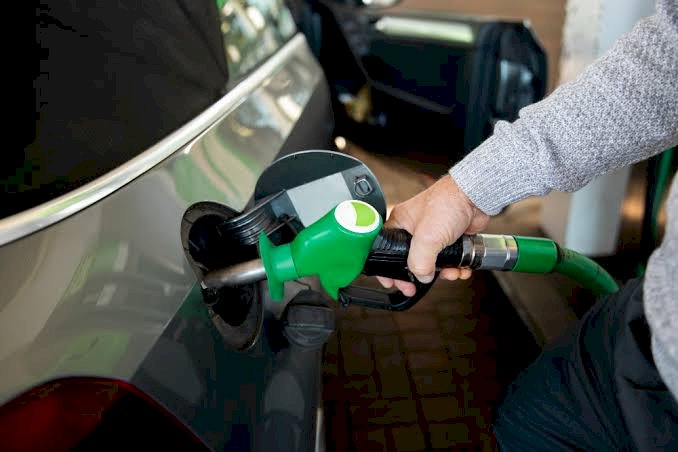Indonesia is charting a bold course toward energy sustainability with its plan to implement a 50% biodiesel blend, known as B50, by 2026. This initiative aims to reduce reliance on fossil fuels, decrease greenhouse gas emissions, and bolster the domestic palm oil industry. However, achieving this target presents significant challenges, particularly concerning methanol supply and infrastructure development.
The Role of Methanol in Biodiesel Production
Methanol is a critical component in the transesterification process that converts palm oil into biodiesel. For the B50 program, Indonesia anticipates an annual requirement of approximately 2.3 million tons of methanol. Currently, domestic production stands at around 300,000 tons per year, necessitating the import of about 2 million tons to meet the program's demands.
Domestic Production Initiatives
To address this shortfall, the Indonesian government has announced plans to construct a methanol plant in Bojonegoro, East Java, with an investment of $1.2 billion. The facility is expected to produce 800,000 tons of methanol annually upon completion in 2027.
While this development will reduce dependency on imports, it will not entirely bridge the supply gap, highlighting the need for additional measures to secure sufficient methanol for the B50 program.Advancements Toward B50 Implementation
Indonesia has progressively increased its biodiesel blending mandates over the years. In January 2025, the government elevated the blend from B35 to B40, aligning with President Prabowo Subianto's agenda for energy security and self-sufficiency. The successful implementation of B40 serves as a critical stepping stone toward achieving the B50 target by 2026.
Challenges and Considerations
Implementing the B50 program entails several challenges:
- Methanol Supply: Even with the new methanol plant, Indonesia will need to import a substantial volume of methanol to meet the program's requirements. Ensuring a stable and cost-effective supply is crucial for the program's success.
- Infrastructure Development: Upgrading existing infrastructure to accommodate higher biodiesel blends is essential. This includes modifications to storage facilities, distribution networks, and engine compatibility assessments.
- Stakeholder Engagement: Collaboration among government agencies, industry players, and consumers is vital to address technical, economic, and social aspects of the transition to higher biodiesel blends.
Economic and Environmental Impacts
The B50 program is poised to deliver significant economic benefits by reducing diesel fuel imports, thereby improving the trade balance and enhancing energy security. Additionally, it is expected to stimulate the domestic palm oil industry, creating job opportunities and fostering rural development.
Environmentally, increasing the biodiesel blend to 50% will contribute to lowering greenhouse gas emissions, aligning with Indonesia's commitment to achieving net-zero emissions by 2060. The utilization of palm oil-based biodiesel offers a renewable alternative to fossil fuels, promoting sustainable energy practices.
Future Outlook
As Indonesia advances toward its 2026 B50 biodiesel target, continuous efforts are necessary to overcome the challenges associated with methanol supply, infrastructure readiness, and stakeholder engagement. Success in this endeavor will position Indonesia as a leader in renewable energy adoption, serving as a model for other nations aiming to transition toward sustainable energy solutions.
Read More






 Wednesday, 04-03-26
Wednesday, 04-03-26







